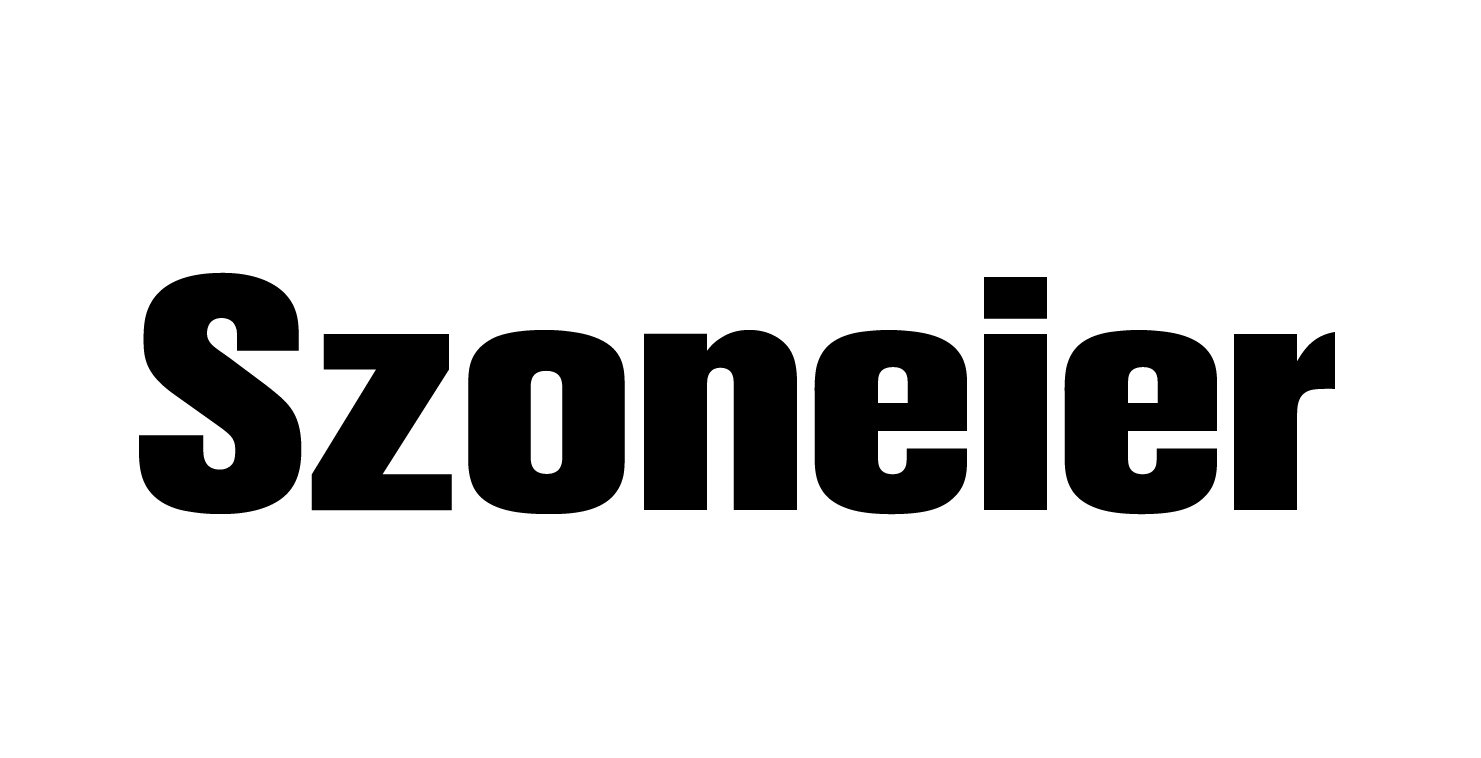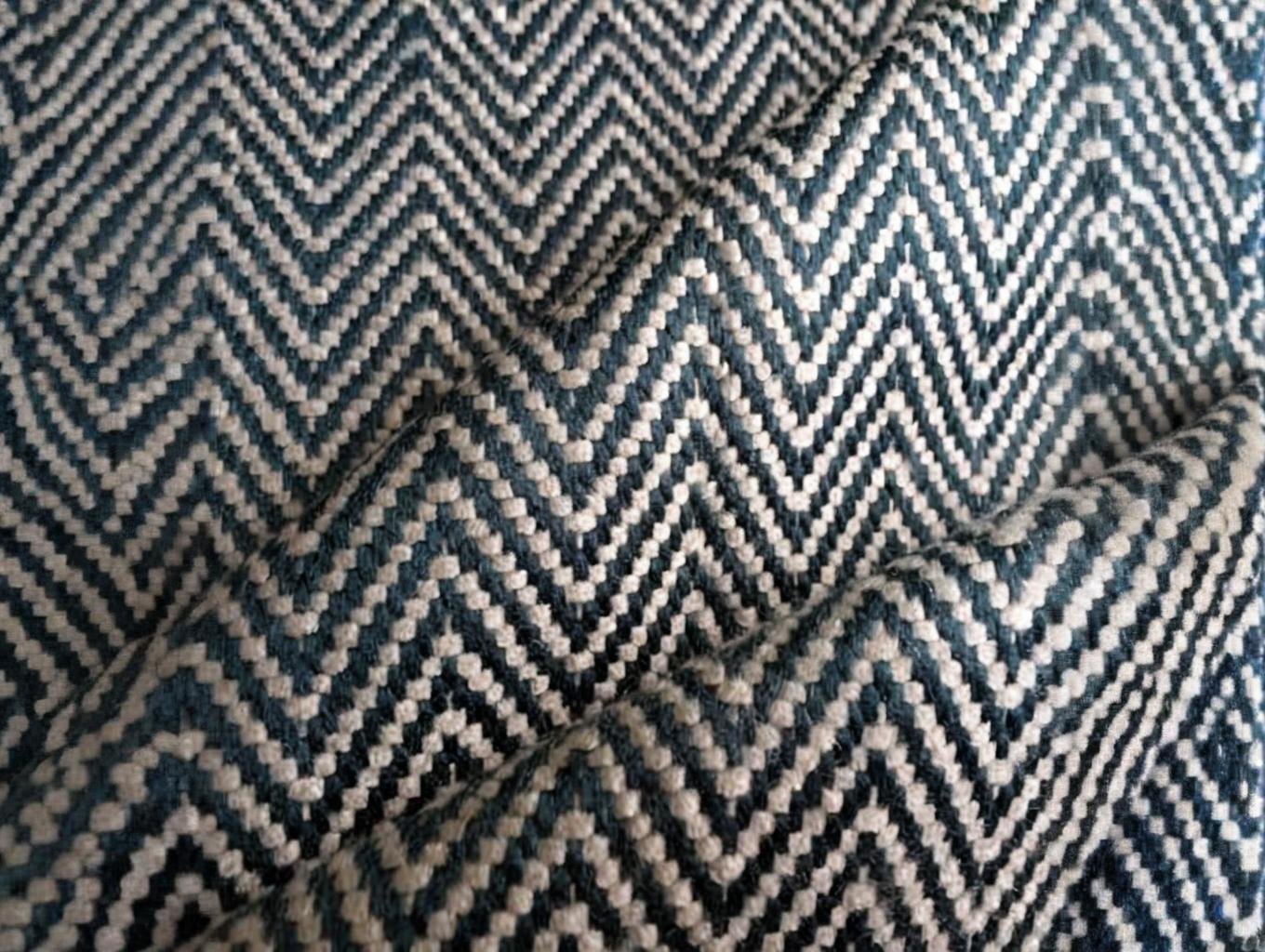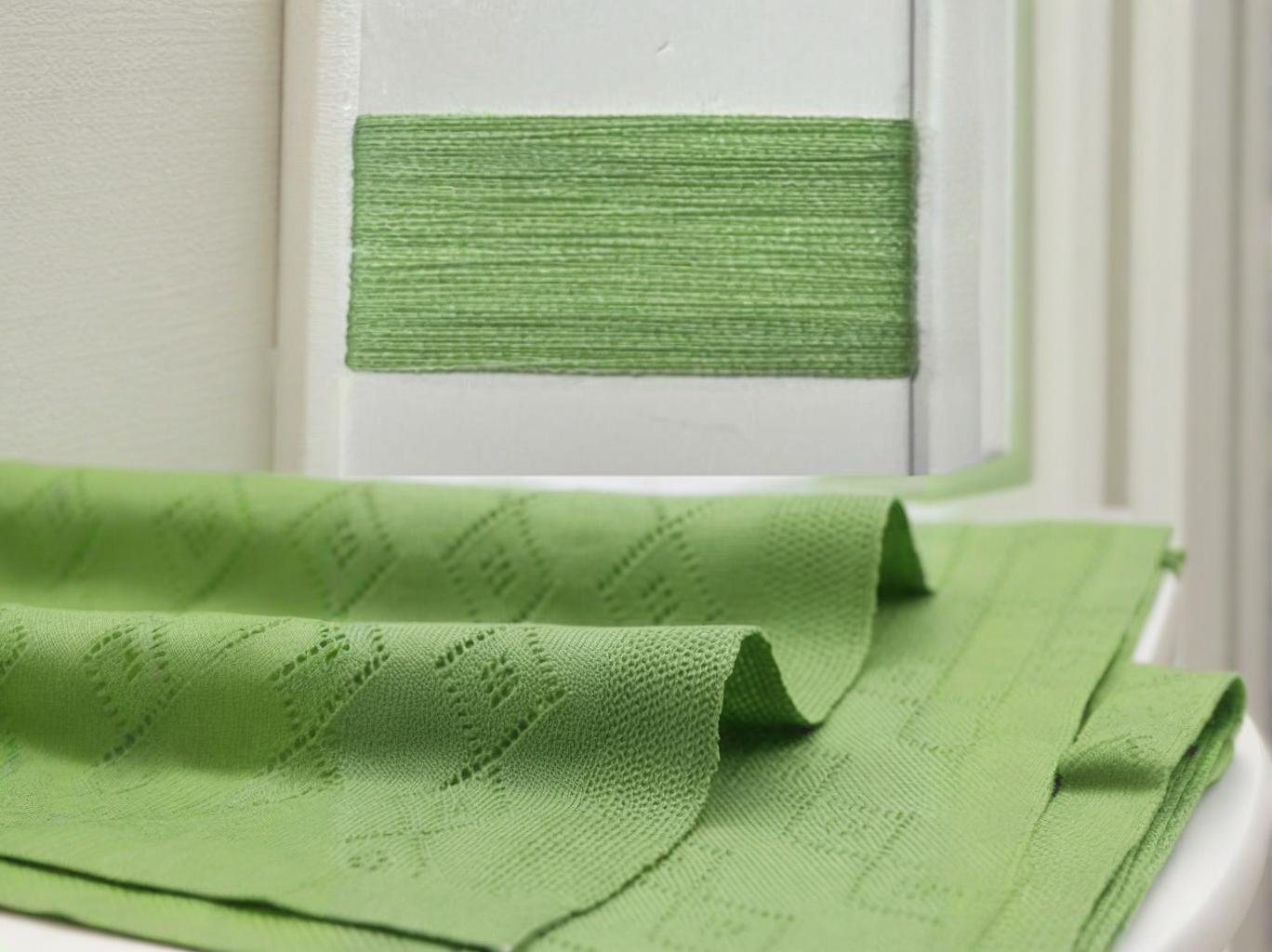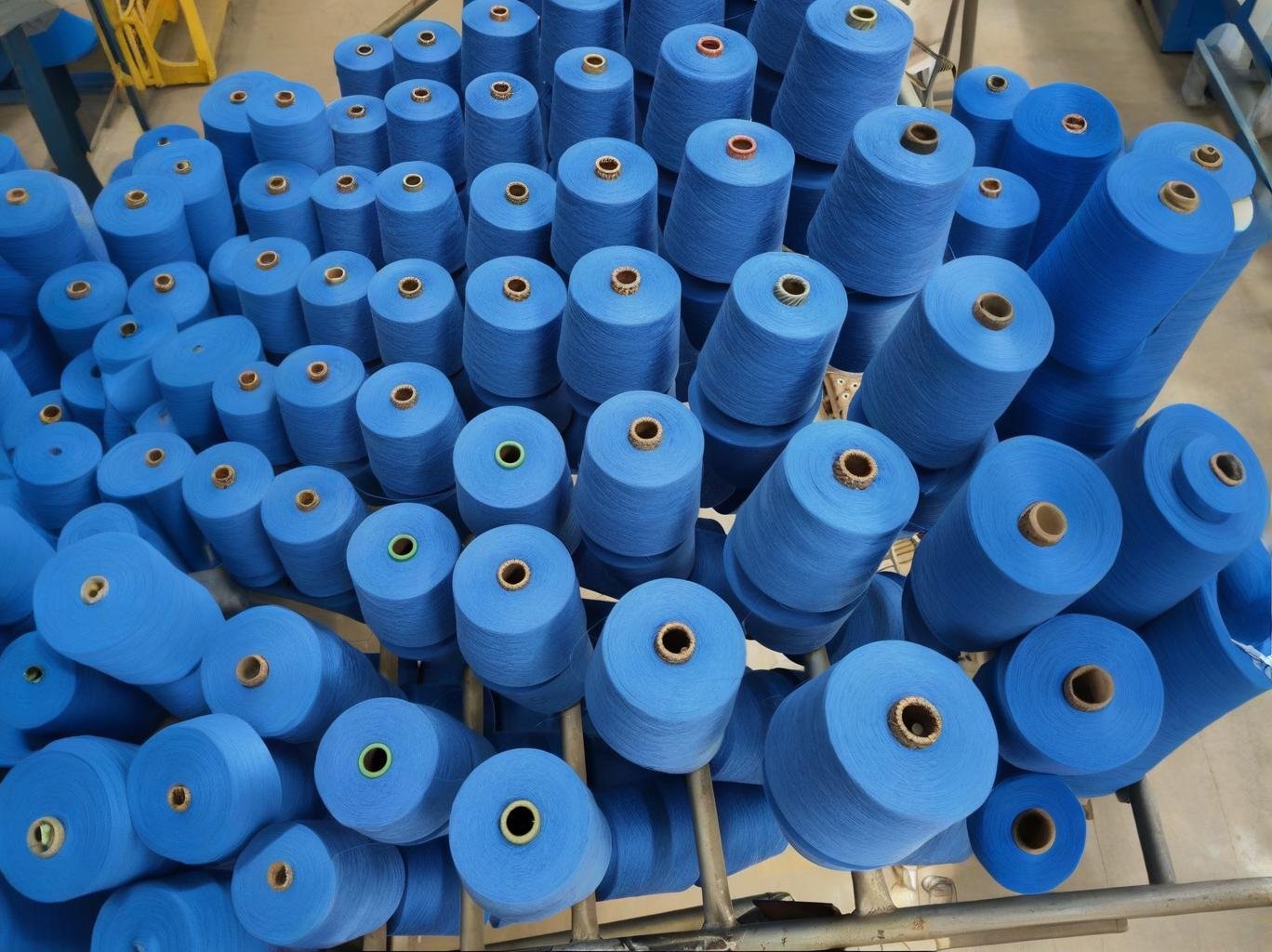What is the most expensive canvas?

When people hear “canvas,” they often think of a basic utility fabric—tough, coarse, and affordable. But in the world of luxury materials and high-performance textiles, not all canvas is created equal. In fact, some canvas fabrics sell for hundreds of dollars per yard, prized for their composition, weave precision, historical origin, and aesthetic prestige.
The most expensive canvas fabrics are typically made from long-staple linen (flax), Egyptian cotton, or hemp, often with premium coatings such as wax, oil, or polyurethane. These high-grade canvases are used in fine art, designer bags, archival tents, and limited-edition luxury goods—and can cost between $40 to $200+ per yard.
For example, one European atelier paid over $180/meter for heavyweight Belgian linen canvas to create a line of artist-grade panels for collectors. Meanwhile, a boutique backpack brand sourced 22oz waxed hemp canvas from Japan at $75/yard—three times more than standard cotton canvas—because of its superior drape, sustainability, and storytelling potential.
So what exactly makes a canvas “expensive”? Let’s explore.
1. What Qualities Make a Canvas Fabric More Expensive?
The cost of canvas fabric increases based on fiber quality, weave density, processing method, origin, finishing treatment, and end-use classification. Natural, slow-grown fibers and specialized coatings significantly raise the price per yard.
1.1 Key Cost Drivers:
| Factor | Effect on Price |
|---|---|
| Fiber Source (linen, hemp) | Higher yield costs, limited availability |
| Weave Density (TPI or GSM) | Dense weave requires more yarn per unit |
| Long-staple Fiber Quality | Premium feel, better drape, fewer flaws |
| Processing Method (handwoven) | Increases labor and exclusivity |
| Finishing (wax/oil/dyed) | Coatings increase performance + margin |
| Country of Origin | EU/Japan/USA canvas often priced higher |
| Intended Use (art, fashion) | Artist-grade canvas is triple-sized, ironed, gesso-ready, etc. |
1.2 Common Price Ranges:
| Canvas Type | Average Price per Yard |
|---|---|
| Standard 12oz cotton canvas | $5–$12 |
| PU-coated polycanvas | $10–$20 |
| Waxed cotton canvas (USA) | $18–$35 |
| Hemp-cotton canvas (organic) | $25–$45 |
| Linen canvas (Belgian/French) | $60–$120 |
| Artist linen canvas (archival) | $90–$200+ |
1.3 Premium Example:
An art museum in Scandinavia commissioned a restoration canvas using triple-primed 100% Belgian linen (20oz), with acid-free coatings and anti-fungal treatments. Price: $235/yard, produced by a specialty mill in Flanders with a 200-year weaving history.
1.4 Key Insight:
Expensive canvas isn’t about branding—it’s about the fiber + structure + treatment + story. Think of it as the cashmere of industrial fabrics: rare, regulated, and deeply tied to performance under specific conditions.
2. Which Types of Canvas Are Considered the Most Premium?
The most premium canvas fabrics are made from long-staple flax (linen), organic hemp, and extra-long staple Egyptian cotton, often woven at high thread-per-inch ratios and finished with wax, PU, or archival coatings.
2.1 Top-Tier Canvas Types Ranked by Value:
| Canvas Type | Key Features | Typical Use |
|---|---|---|
| Belgian Linen Canvas | Long-staple flax, archival quality, tightly woven | Fine art, museums, high-end interiors |
| Waxed Hemp Canvas | Sustainable, breathable, weather-resistant | Designer backpacks, outdoor goods |
| Egyptian Cotton Canvas | Smooth, long fiber, high dye uptake | Luxury bags, branded totes, custom apparel |
| Organic Polycotton Canvas | Durable, wrinkle-resistant, smoother than cotton | Branded accessories, tech sleeves |
| Triple-Primed Artist Canvas | Ready-to-paint, gessoed, pH-neutral | Professional artist panels, restorations |
2.2 Fiber Characteristics of Premium Canvas:
| Fiber | Average Staple Length | Water Resistance | Cost Category |
|---|---|---|---|
| Linen (flax) | 40–50 mm | Moderate | $$$ |
| Hemp | 35–45 mm | High | $$$ |
| Cotton (ELS) | 30–40 mm | Low (unless treated) | $$ |
| Polyester | NA (synthetic) | High | $ |
2.3 Real-World Brand Use:
- Filson® uses 22oz waxed cotton canvas sourced from British Millerain, selling bags upwards of $395 USD.
- L.L.Bean® Signature uses custom-dyed Egyptian cotton canvas in limited runs for monogrammed totes.
- Winsor & Newton® offers 12oz artist linen canvas at ~$150/yard for archival painting and stretching.
2.4 Critical Perspective:
Premium doesn’t always mean practical. For example, waxed hemp canvas may outperform cotton in weather resistance, but can crack if improperly stored or folded in cold climates. B2B buyers should balance material prestige with use-case realism when investing in high-end canvas.
3. How Do Fiber Sources Like Hemp, Linen, or Egyptian Cotton Affect Canvas Price?
Canvas made from premium natural fibers such as hemp, linen, or Egyptian cotton is significantly more expensive than standard short-staple cotton or synthetic blends. These fibers are prized for their rarity, strength, and specialized growing and processing methods.
3.1 Fiber Source Comparison Table:
| Fiber Type | Cost Impact | Reason for Higher Price |
|---|---|---|
| Belgian/French Linen (Flax) | Very High | Hand-harvested, long-staple, climate-sensitive |
| Hemp | High | Requires special processing, mostly organic-certified |
| Egyptian Cotton | High | Extra-long staple, labor-intensive cultivation |
| Regular Cotton | Low | Mass-produced, shorter fiber, lower tensile strength |
| Polyester | Very Low | Synthetic, industrial-scale, petroleum-based |
3.2 Cost per Yard by Fiber Type (Approximate):
| Canvas Fiber Type | Typical Price Range (USD/yd) |
|---|---|
| Belgian Linen (archival) | $80 – $200 |
| Organic Hemp Canvas | $40 – $75 |
| Egyptian Cotton Canvas | $35 – $60 |
| Standard Cotton Canvas | $5 – $15 |
| Polyester Canvas | $3 – $10 |
3.3 Why Long-Staple Matters:
- Longer staple fibers = stronger yarn = tighter weave = higher durability and smoother texture
- Long fibers reduce pilling, breakage, and surface irregularities
- Linen and Egyptian cotton can handle tension stretching and dye absorption better than regular cotton
3.4 Example:
A high-end luxury brand switched from standard 12oz cotton to 18oz Egyptian cotton canvas for a line of collectible luggage. The fabric cost rose 180%, but customer reviews cited “superior hand feel and luxury look” as justification for the $400+ price tag per item.
3.5 Sustainability Consideration:
- Hemp is a top choice for eco-conscious buyers: fast-growing, requires no pesticides, and naturally antibacterial
- Linen has a lower environmental impact than cotton, especially when grown in Western Europe
- Egyptian cotton, while premium, has ethical supply chain concerns if not Fairtrade/organic certified
4. Is Artist-Grade Canvas More Expensive Than Industrial Canvas?
Yes, artist-grade canvas—especially linen—is significantly more expensive than industrial canvas because it must meet stringent quality standards for archival use, tension stability, pH neutrality, and surface preparation.
4.1 Artist vs Industrial Canvas – Purpose & Processing:
| Feature | Artist-Grade Canvas | Industrial Canvas |
|---|---|---|
| Fiber Source | 100% linen or ELS cotton | Cotton, polyester, or blends |
| Surface Finish | Primed with gesso/triple-primed | Raw, waxed, or PU-coated |
| Stretching Capability | Stable under high tension | May deform under stress |
| Chemical Treatment | Acid-free, pH neutral | Often untreated or resin-coated |
| Price per Yard | $80 – $200+ | $5 – $30 |
| End Use | Fine art, museum-grade work | Bags, upholstery, tents, covers |
4.2 Artist-Grade Canvas Requirements:
- Thread consistency: no knots, neps, or slubs
- Dimensional accuracy: holds frame stretch without warping
- Archival safety: no reactive chemicals that cause deterioration
- Surface prep: triple primed, gessoed, or oil-based layered
4.3 Industrial Canvas Priorities:
- Weight & strength > aesthetics
- Often used in utility products: tool rolls, banners, duffels, aprons
- May prioritize coating and function over visual perfection
4.4 Real Pricing Insight:
| Canvas Type | Avg. Price (USD/yd) | Use Case |
|---|---|---|
| Claessens #13 Linen (primed) | $145 | Oil/acrylic fine art paintings |
| Unprimed 16oz cotton canvas | $12 | Budget bags and casual upholstery |
| 18oz waxed cotton canvas | $28 | Premium outdoor bags, toolkits |
| Polycotton duck canvas | $8–$14 | Lining, budget furniture |
4.5 Case Study:
A European art studio sourcing from SzoneierFabrics tested 12oz cotton duck canvas vs. 12oz triple-primed linen. Despite the same weight, the linen version held 30% more tension, had zero stretch distortion over time, and fetched a 4x higher retail price as part of limited-edition collector panels.
5. What Are the Cost Differences Between Waxed, Coated, and Raw Canvas?
Waxed and coated canvas are significantly more expensive than raw canvas due to the added processing steps, material enhancements, and performance benefits. Waxed canvas can cost 2–5 times more than untreated cotton canvas.
5.1 Finish Type Comparison Table:
| Canvas Finish Type | Average Price per Yard (USD) | Water Resistance | Application Use |
|---|---|---|---|
| Raw Cotton Canvas | $5 – $12 | Low | Promotional bags, lining |
| PU-Coated Canvas | $10 – $20 | Medium–High | Outdoor covers, tents |
| PVC-Coated Canvas | $15 – $30 | Very High | Tarpaulins, marine fabrics |
| Waxed Cotton Canvas | $20 – $45 | High | Premium bags, jackets |
| Waxed Hemp Canvas | $35 – $70 | High | Sustainable gear, travel |
5.2 What Increases the Price:
- Raw canvas is simply woven, scoured, and sometimes dyed—minimal processing
- Coated canvas involves lamination or spraying PU/PVC onto the back or front, increasing waterproofness and durability
- Waxed canvas uses paraffin or beeswax saturation, often applied by hand or roller, creating a water-shedding patina and vintage texture
5.3 Performance vs. Price Tradeoff:
| Attribute | Raw Canvas | PU-Coated | Waxed Canvas |
|---|---|---|---|
| Water Resistance | ✗ | ✔ | ✔✔ |
| Breathability | ✔✔ | ✗ | ✔ |
| Abrasion Resistance | ✗ | ✔ | ✔✔ |
| Aging Aesthetic | ✗ | ✗ | ✔✔✔ |
| Re-coating Possible | ✗ | ✗ | ✔✔ |
5.4 Buyer Perspective:
A U.S. heritage backpack company switched from 16oz raw cotton canvas ($12/yd) to 18oz waxed cotton from British Millerain ($38/yd) for its flagship bag series. Despite the tripled fabric cost, sales increased 70% due to enhanced storytelling around durability, weatherproofing, and natural aging—qualities valued by outdoor and urban buyers alike.
5.5 Recommendation:
If your product line targets:
- Eco-luxury or vintage aesthetics → waxed canvas is worth the investment
- Industrial performance at mid-cost → PU-coated polycanvas is optimal
- Low-cost, high-volume runs → stick with untreated or dyed raw cotton canvas
6. How Does Country of Origin Influence Canvas Fabric Pricing?
Country of origin plays a major role in canvas pricing due to differences in labor cost, fiber availability, environmental regulation, heritage branding, and textile finishing technology. European and Japanese canvas typically command higher prices than canvas made in China, India, or Pakistan.
6.1 Canvas Pricing by Country:
| Country of Origin | Avg. Price (USD/yd) | Known For |
|---|---|---|
| Belgium | $80 – $200 | Linen artist canvas, archival quality |
| Japan | $40 – $90 | Waxed hemp canvas, artisanal dyeing |
| USA | $25 – $60 | Waxed cotton canvas, heritage mills |
| China | $5 – $20 | Standard cotton/poly canvas, bulk orders |
| India | $6 – $25 | Organic cotton canvas, sustainable blends |
| Pakistan | $5 – $18 | Heavy cotton duck, utility-grade canvas |
6.2 Why Country Matters:
- EU or Japanese canvas benefits from small-batch quality, legacy looms, and exclusive weavers
- Chinese canvas provides cost-effective bulk manufacturing and a wide range of customization options
- South Asian suppliers lead in organic and fair-trade certifications for cotton canvas
6.3 Brand Positioning Insight:
Products made with canvas from Belgium (e.g. Libeco) or Japan (e.g. Takeyari Mills) are often priced higher not only because of fabric cost, but because buyers associate origin with luxury, craft, and heritage. “Made in Japan” or “Belgian Linen” are themselves brand assets.
6.4 Case in Point:
A European luxury home goods brand shifted to Belgian linen canvas for its art-printed wall hangings. Their per-yard cost rose from $14 (Chinese cotton) to $92, but their resale price increased by 300% with the addition of “crafted with certified Belgian linen” in marketing.
7. What Is the Price Range of Luxury Canvas per Yard or Meter?
Luxury-grade canvas fabrics range from $30 to over $200 per yard or meter, depending on fiber type, weave density, finishing process, and brand origin. Artist linen, waxed hemp, and heritage-mill cotton canvases top the pricing spectrum.
7.1 Luxury Canvas Price Benchmark:
| Canvas Type | Price per Yard (USD) | Notes |
|---|---|---|
| Waxed Hemp Canvas (Japan) | $50 – $90 | Sustainable + handmade processing |
| Belgian Linen Artist Canvas | $90 – $200+ | Archival-grade, triple-primed, pH neutral |
| Egyptian Cotton Canvas (dyed) | $35 – $60 | Fine texture, vibrant dye affinity |
| British Millerain Waxed Cotton | $25 – $45 | Weatherproof legacy fabric, used in heritage brands |
| Organic Polycotton Blend Canvas | $28 – $38 | Ideal for luxury interior and upscale commercial use |
7.2 What Buyers Are Paying For:
- Longevity (e.g., waxed canvas used for 10+ years)
- Surface refinement (e.g., high-TPI linen that allows gesso priming or logo precision printing)
- Storytelling value (e.g., “crafted with heritage Japanese hemp canvas”)
- Regulatory compliance (e.g., REACH, OEKO-TEX®, GOTS certifications)
7.3 Price vs. Perceived Value:
A $45/yard waxed cotton canvas may result in a $300 bag retail price due to superior look, feel, and durability. Luxury canvas isn’t just about input cost—it becomes a value multiplier across your brand ecosystem.
7.4 Pro Tip:
When budgeting for luxury canvas, factor in shipping (heavy rolls), MOQ, finishing charges, and whether the canvas arrives pre-shrunk, coated, or dyed. Raw price is only part of your total cost structure.
8. How Should B2B Buyers Evaluate High-End Canvas for Custom Projects?
B2B buyers should evaluate luxury canvas by balancing technical specs (GSM, weave, coating) with branding potential, production compatibility, and lifecycle performance. Sampling, testing, and supplier transparency are essential in luxury sourcing.
8.1 Canvas Selection Checklist for B2B Projects:
| Evaluation Criteria | What to Consider |
|---|---|
| GSM/Weight | Match the product’s structure & load requirement |
| Surface Finish | For printing, embroidery, waxing, or coating |
| Fiber Type | Cotton, hemp, linen, polycotton? |
| Origin & Certification | Eco labels, traceability, artisan vs mass-scale |
| MOQ & Lead Time | Can the supplier meet your prototyping & scaling needs? |
| Brand Alignment | Does the canvas support your premium positioning? |
8.2 Application Matching:
| Product Type | Best Canvas Type Recommendation |
|---|---|
| Fine Art Panels | Triple-primed Belgian linen |
| Designer Laptop Bags | 18oz waxed cotton or hemp canvas |
| Boutique Home Decor | Organic polycotton blend with UV finish |
| Heritage Workwear | 14–16oz duck canvas or British waxed canvas |
| Sustainable Fashion Totes | Dyed hemp-cotton blend or GOTS-certified canvas |
8.3 Supplier Evaluation Tips:
- Ask for GSM certification and lab reports (abrasion, UV, tear strength)
- Request custom-dyed swatches and confirm colorfastness
- Check roll width, MOQ, and coating details
- Clarify re-waxing or recoating compatibility if end user care is involved
8.4 Case Insight:
An emerging luxury bag brand in Canada worked with SzoneierFabrics to develop a custom 20oz waxed hemp-cotton canvas with low MOQ (300 yards), dyed in a proprietary sand-tone. The result: a product that retailed at $385 and helped the client establish credibility as a sustainable luxury label—backed by authentic material storytelling and performance.
Canvas Isn’t Just a Fabric—It’s a Strategic Asset
The world’s most expensive canvas isn’t defined by fiber alone—it’s the intersection of craftsmanship, rarity, performance, and identity. Whether you’re building an artisan bag collection, gallery-grade panels, or architectural textile products, selecting the right canvas is a decision that shapes both quality and perception.
At SzoneierFabrics, we help global B2B buyers source and customize premium canvas with:
- ✅ A wide range of fiber types: linen, hemp, Egyptian cotton, organic blends
- ✅ Finishing options: waxed, coated, dyed, or raw
- ✅ Fast sampling, free consultation, and low-MOQ flexibility
- ✅ Transparent testing data and reliable export support
Looking to source high-end canvas for your next collection or product line? Contact SzoneierFabrics today for expert guidance, sampling, and custom production.
Can't find the answers?
No worries, please contact us and we will answer all the questions you have during the whole process of bag customization.
Make A Sample First?
If you have your own artwork, logo design files, or just an idea,please provide details about your project requirements, including preferred fabric, color, and customization options,we’re excited to assist you in bringing your bespoke bag designs to life through our sample production process.



